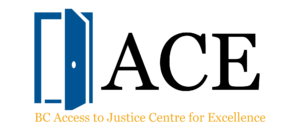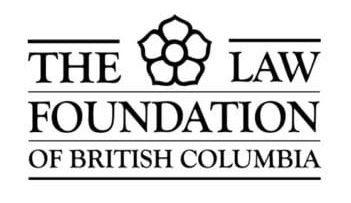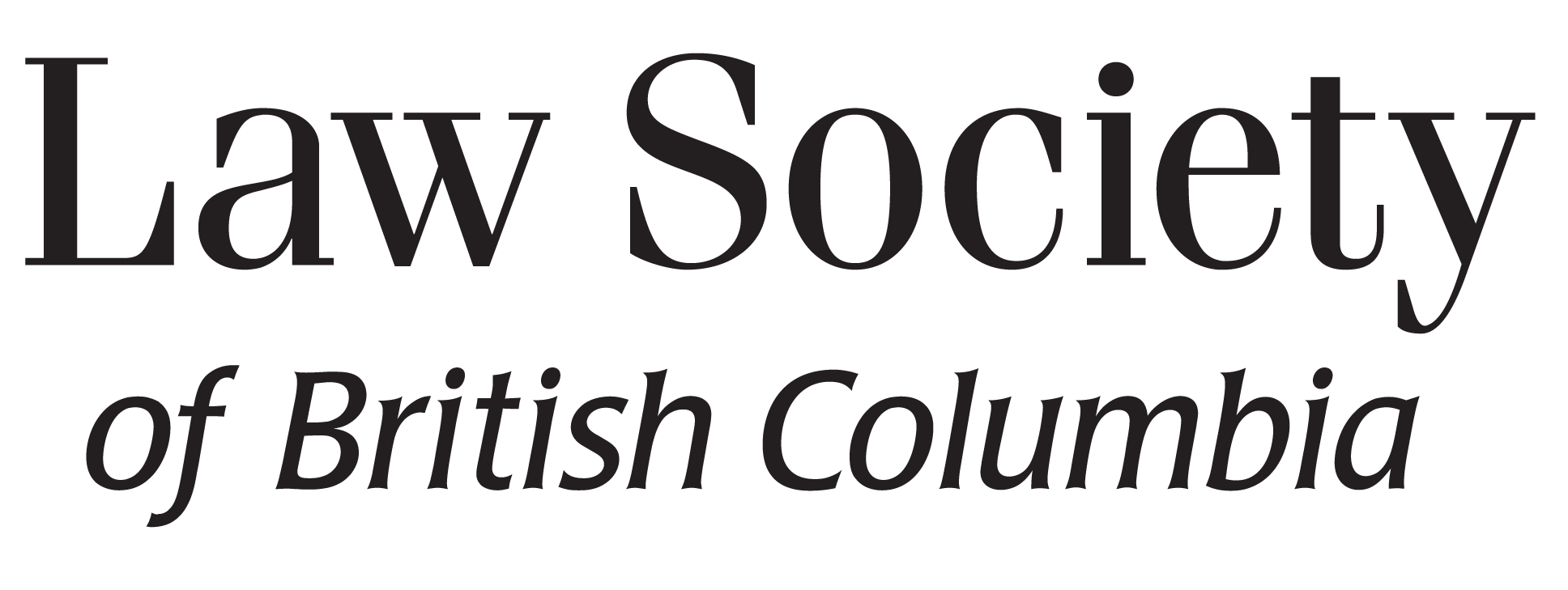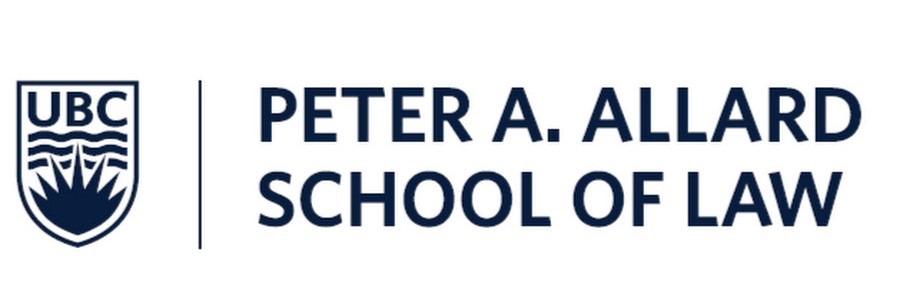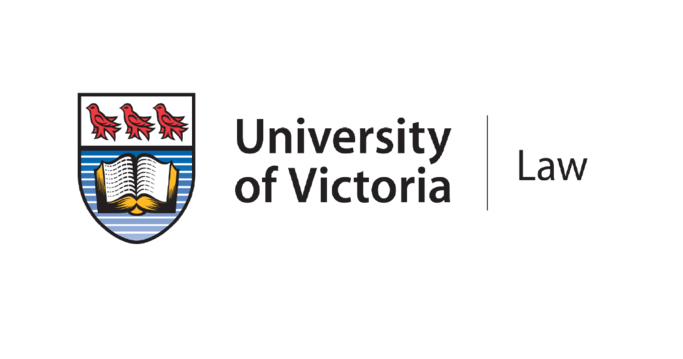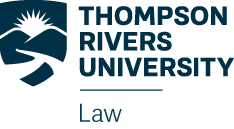Access to Justice Week BC
February 3 to 7, 2025
Access to Justice Week is an opportunity to engage with the access to justice movement that is taking place in BC and beyond.
This is a week devoted to considering how to improve the justice system by putting its users at the centre of decisions and processes. During this week, law students and legal professionals organize events to look more deeply at how to do this in the environments that surround them.
This year, we explore the question, “What does the future of access to justice look like?”
From February 3 to 7, 2025, we will place a spotlight on technology, including artificial intelligence, and inclusivity, including equitable solutions for individuals and communities with unmet legal needs.
The week's events will emphasize person-centred design, in terms of:
- How virtual platforms and new tools can help make legal information and services more efficient and accessible; and,
- How culturally relevant and trauma informed human support and decision-making can help make legal experiences and outcomes more relevant and effective.
During Access to Justice Week BC, we intend to create dialogue on new and emerging practices and perspectives to advance justice for all. The sessions will blend forward-thinking discussions with actionable insights and steps.



